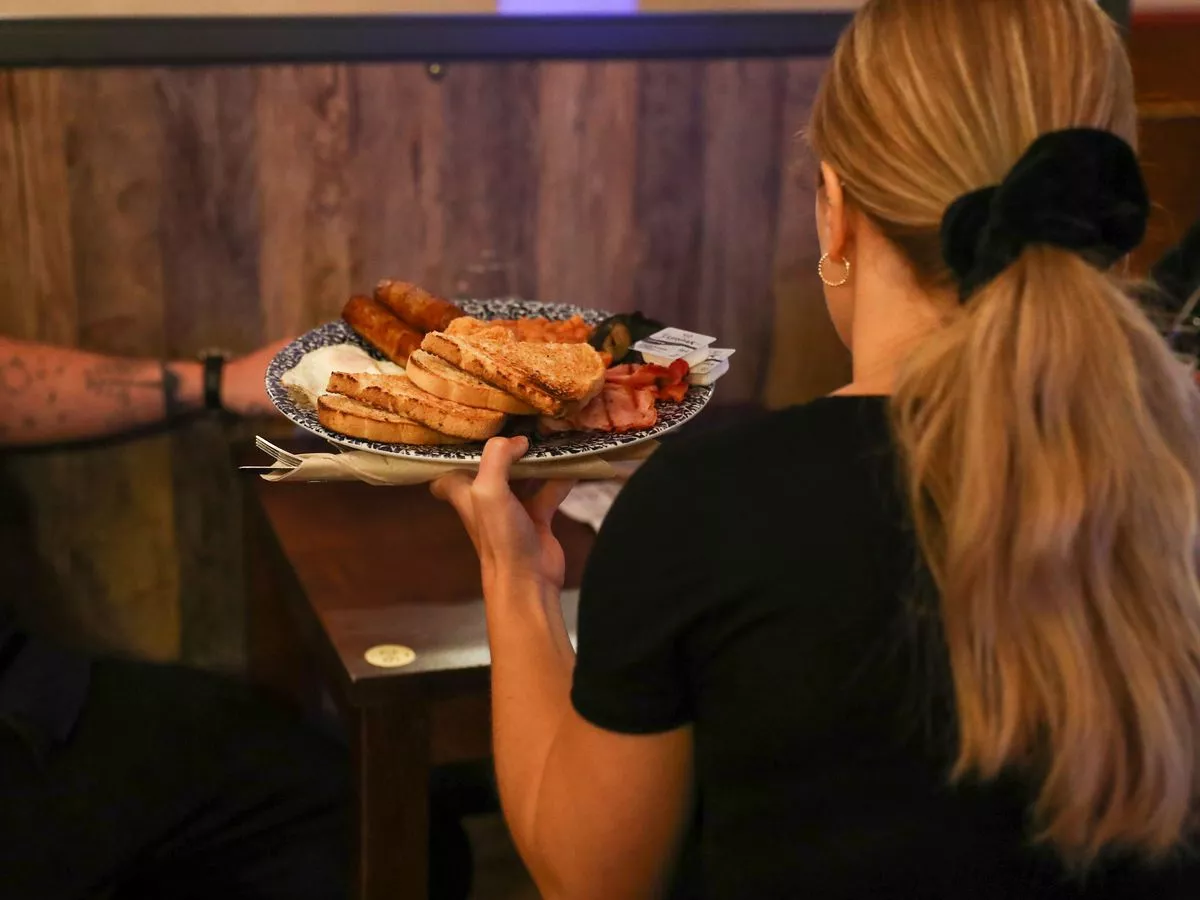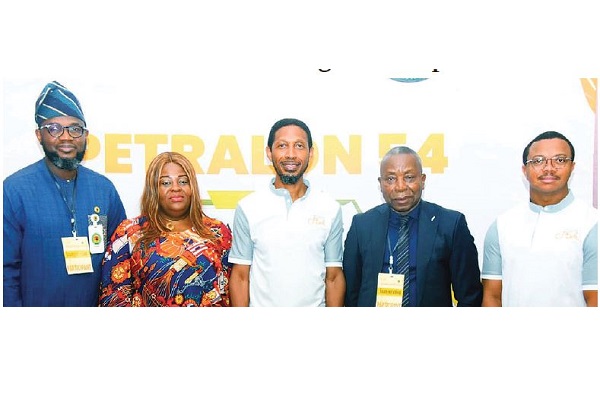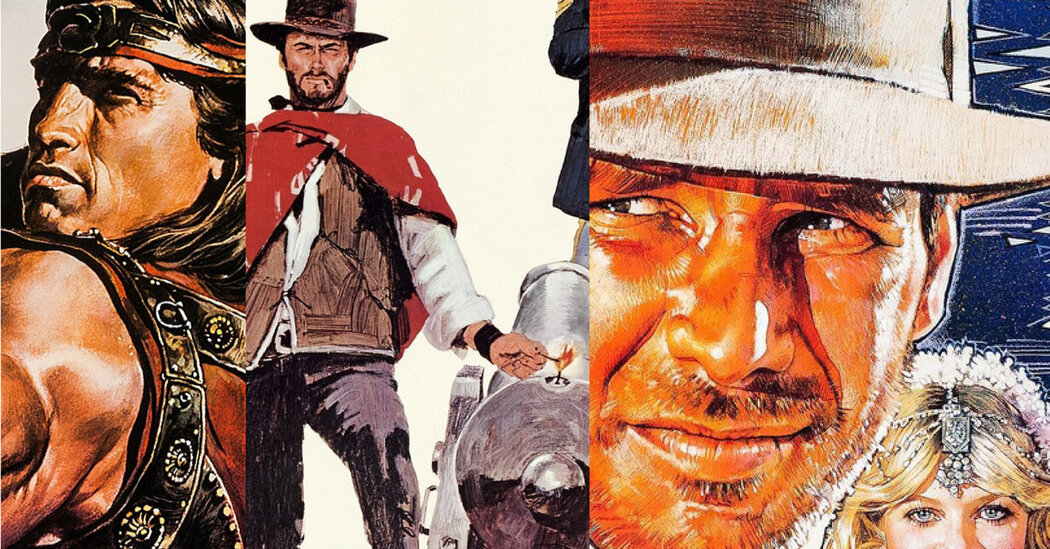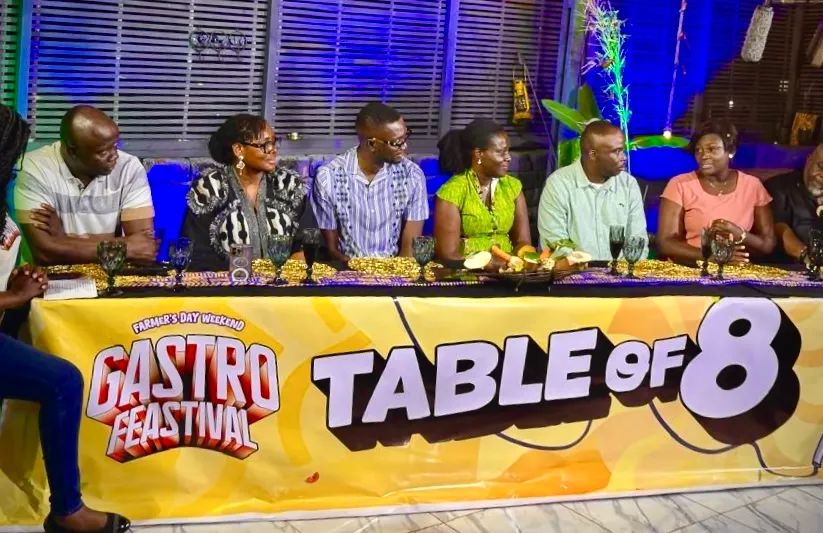Copyright theirishworld
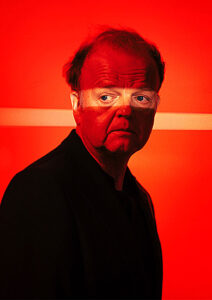
Actress Caitlin Fitzgerald spoke to David Hennessy about starring in Othello on the West End and the play’s themes of race, jealousy, toxic masculinity, misogyny and domestic violence. Caitlin FitzGerald’s screen credits include the award- winning series Succession, period drama Masters of Sex, Sweetbitter based on Stephanie Danler’s best selling novel, Netflix true court room drama film The Trial of the Chicago 7 and the recent Amazon Prime hit, We Were Liars. She is currently starring in Shakespeare’s Othello at Theatre Royal Haymarket. She acts opposite David Harewood in the titular role while Toby Jones plays Iago. Caitlin plays Desdemona, the new wife of Harewood’s Moorish general. However a disgruntled Iago manipulates Othello to falsely believe she has been having an affair, something which leads to tragedy. Tony Award winner Tom Morris directs the cast that also includes Vinette Robinson and Luke Treadaway. The production also includes music from PJ Harvey. The tragedy Othello deals with themes such as jealousy, misogyny and toxic masculinity. It is also a play that deals with race with the actions of many characters towards its black protagonist being described as racist. Born in Camden, Maine FitzGerald developed a love of acting from a young age. She graduated from NYU’s Tisch School of the Arts before coming to study Shakespeare at RADA in London. She is married to the Irish actor Aidan Turner who she met on the 2017 film The Man Who Killed Hitler and Then The Bigfoot. The play represents a return to Caitlin’s theatre roots and a return to the West End since she was part of the cast for The Crucible at The Gielgud back in 2023. Caitlin took time out to chat to us ahead of the play’s launch. How are the rehearsals going? “Really well. “We rehearsed the first half of the play for the first few weeks and the way that we’re doing it particularly, we’ve really leaned into the love story between Desdemona and Othello. “The first half of the play is really joyful and really fun. “They arrive in Cyprus and the war is over and everybody’s having a great time. “And then halfway through the rehearsals, it turned to the second half of the play where things get a little less joyful and we all remembered that this is actually an epic tragedy that we’re doing. “Holding both of those things at the same time is a challenge but I think we’re up for it.” You studied Shakespeare at RADA, has this long been a dream role of yours? Have you even done it before in student productions? “I’ve never had a crack at Desdemona but doing Shakespeare in London is my life dream. “I cried after both of my auditions for this play, very publicly on the street. Called my agent, kept crying. I’m not proud of it. “But it is a true dream come true. “As you say, I studied Shakespeare here at RADA 20 years ago and I would love to go back in time and tell that 20-year-old that one day I would get to do it. “It’s just amazing. “I’m still in shock a little bit.” Desdemona’s devotion to Othello is unwavering, it stands until the very end, doesn’t it? “I will say that in our production, we have really endeavoured to make her formidable and as strong as Othello in many ways, and I think the text bears it out. “She’s quite a revolutionary actually in defying her father, in asking to go to war with her husband. “Right from out of the gate, she’s kind of a firebrand so we’ve really worked to make her a modern woman because I think there’s a danger with this part that she can be sort of just pious and only tragic. “It really matters to me that she’s Othello’s equal in many ways so we’ve been really trying to articulate that. “But yes, I think she believes in love. “I think she’s a woman of faith and she holds fast to that until the very, very end. “But she doesn’t go down without a fight, I will tell you that.” Does Iago also love her? Is that perhaps the motive behind some of his scheming and manipulation? “It’s the great scholarship question of, ‘Why does Iago do what he does?’ “Some people think he’s in love with Othello and that’s why he does what he does. “In our production we’ve really tried to focus on right at the beginning of the play Iago talks about Othello passing him over for a promotion and promoting a much younger man instead and the rage he feels about that and the injustice, so we’re sort of taking that as our launching point. “But he’s a true sociopath, Iago, and I think at some point he’s just doing it for the pleasure of doing it. “It’s really horrible.” A big theme in the play is jealousy and in that way I wonder if Othello, and not Iago, brings about his own downfall.. “Absolutely and I think that’s a really important point because Othello turns so fast from love to rage, it feels like Iago is just tapping into something that is right there under the surface. “There’s so much racism in the play and as strong as Othello presents and as formidable a soldier as he is, there’s a lot of insecurity there too and living in a culture that is continually picking at him all the time takes its toll. “I think the racism in the play is there, is a part of the text and we aren’t shying away from it. “It’s really important. “There’s a long history of, especially in this country, white men playing Othello in blackface and doing a sort of minstrel-y caricature of a black man. “I think it really matters to David Hareward, and I don’t want to put words in his mouth certainly, to really present a full and flawed human with all the colours. “He’s such an extraordinary actor. “I don’t think there is an emotion that he doesn’t have in this play. “He’s such a fine actor and just brings every possible shade of feeling to his portrayal.” Of course it is yourself, David and Toby. I know there is more of a supporting cast but so much of it all rests on those three roles, doesn’t it? “It does become a weird triangle, for sure. “I just feel sort of awed and shocked that I get to play with these two legendary actors. “But I would tell you also the rest of the cast is so strong and we’ve really worked to make every part sing and have its own through line and journey. “It’s an incredible company of actors. “Vinette Robinson, who plays Emelia, is extraordinary. “Her part has less to do throughout the play and then absolutely runs the last act of the play and is the truth teller, is ferocious and it’s amazing to watch her. “There’s a lot of great work being done.” Is it good to be back onstage? You started in theatre at a young age, didn’t you? “I was one of those really obnoxious theatre kids from a very early age and just did every single play I possibly could. “It has a kind of magic. “I love doing film and TV but theatre has a magic that is irreplaceable.” Did you always know you wanted to act? “Yeah, I did. “From my first play when I was like six, I was kind of a heat seeking missile. “There was a brief moment, a little wobble, on my way to university to study acting and I thought, ‘Do I want to do this or have I just been incredibly stubborn?’ “But no, it’s been a lifelong pursuit.” What has been a highlight of your career to date? “Succession was such a pleasure and what an incredible group of people to work with. “Writing and acting, just the best of the best. “I did a movie with Aaron Sorkin a few years ago called Trial of the Chicago 7. That was also really, really fun and I think one of the best scripts I’ve gotten to work on. “It was amazing. “And I would go all the way back to playing Juliet when I was 25 (Shakespeare Santa Cruz). Just getting to do my first professional play and getting to do Shakespeare and play that great role was incredible.” Have you done Shakespeare in between or is this your first time returning to the bard since that one? “Yeah, it’s been almost 20 years so I’m just a little bit nervous about it but hopefully it will be okay.” Are Desdemona and Juliet two special Shakespearean roles for you? “Yeah, they are. “And they both are really committed to love which is a beautiful theme between them. “I just think Shakespeare wrote women with such humanity, shockingly so given the time that he was living in. “There are so many great roles and I hope I get a crack at a few more of them.” Growing up in America, did you grow up very proud of your Irish roots? “Yes, I no longer am because I’ve been schooled otherwise but I was certainly the American who talked a lot about my Irish heritage all the time.” When you go to Ireland, does it feel like home? “Home would be a stretch because it isn’t my home. “I don’t want to claim things that don’t belong to me but I love it there. “I just find the landscape and the people and the culture are just so incredible and it’s definitely a favourite place.” When will we see you in an Irish play? “I would love that. “I haven’t and I would so love it because I do believe the Irish are the great storytellers of the world. “And I would love to do an Irish play. “I’d love to play in Dublin. “I’d love to do a play in Dublin, or in Ireland anywhere really.” We Were Liars has been renewed for a second series, are you looking forward to returning to the Sinclair family? “It will be a nice balance after three and a half months of heavy, heavy tragedy. “It will be nice to do a little bit more of the Sinclair girls so we’ll start that next Spring sometime.” Back to Othello, we spoke about the themes of jealousy and manipulation. Another thing is power or more the dark side of power.. “Yeah, that’s so beautifully put. “It is about the dark side of power. “I think that’s exactly right. “And how those in power can so easily use violence instead of just a conversation. “If Othello had just sat down with Desdemona and said, ‘I’ve heard you’re having an affair. Is that true? Can we talk about this?’, there’s no play. “But that’s too vulnerable so instead, he uses violence and rage. “It’s really interesting and I think the themes are very present in our world today and it’s a good time to be doing the play.” It’s not just Othello, is it? Isn’t that true that Iago, Roderigo and her father Brabantio lay claims to Desdemona without actually speaking to her? “I think that’s exactly right. “I think the theme of who gets to speak and who has a voice is really strong in the play. “And trying to play this woman and trying to make her strong, I have really leant into her words as much as I possibly can so that she doesn’t go silently into the dark night at the end of the play. “But I think there’s also a lot of silence. “It’s interesting to me. “I read a lot of scholarship about this play before we started rehearsing and very little of it addressed the fact that there are two women on stage dead at the end of the play at the hands of their husbands. “This is a play about racism and it’s a play about jealousy and power and everything, and also about domestic violence and misogyny. “And I think we’ve really tried to focus on that and let that be a big theme in the play because it is and I think it gets overlooked. “Women’s dead bodies can be used as plot points a lot in contemporary storytelling so we’re trying to just honour the lives of these two characters as much as we can.” Is it more of a contemporary piece in that way? “Yeah, absolutely and I think Othello, maybe of all the plays, is a play that you cannot perform without really engaging with where the culture is on themes like race and misogyny, because It’s not a play that exists in a bubble. “You can do Midsummer Night’s Dream more or less in a bubble but you cannot do Othello and not really address where the culture is at with these huge issues, I think.” Is it about giving Desdemona more agency in that way? “Yeah, I hope so. “I went into my first meeting with our director Tom Morris, and said, ‘I’m not interested in just playing a victim. I’m not interested in a woman who just blindly loves a man even though he abuses her and screams at her and then just lets herself be killed for the sake of love. “I don’t know any women who would do that. “I think it’s holding both things. “It’s holding her enormous capacity to love, her enormous capacity to love this man and also her righteous anger that she’s being treated like this. “I don’t know about you but I don’t know any women who, when their husband tells them that he’s going to kill them, aren’t going to fight that a little bit so we’ve tried to put all that fire into the play.” Othello is at Theatre Royal Haymarket until 17 January 2024. For more information and to book, click here.
